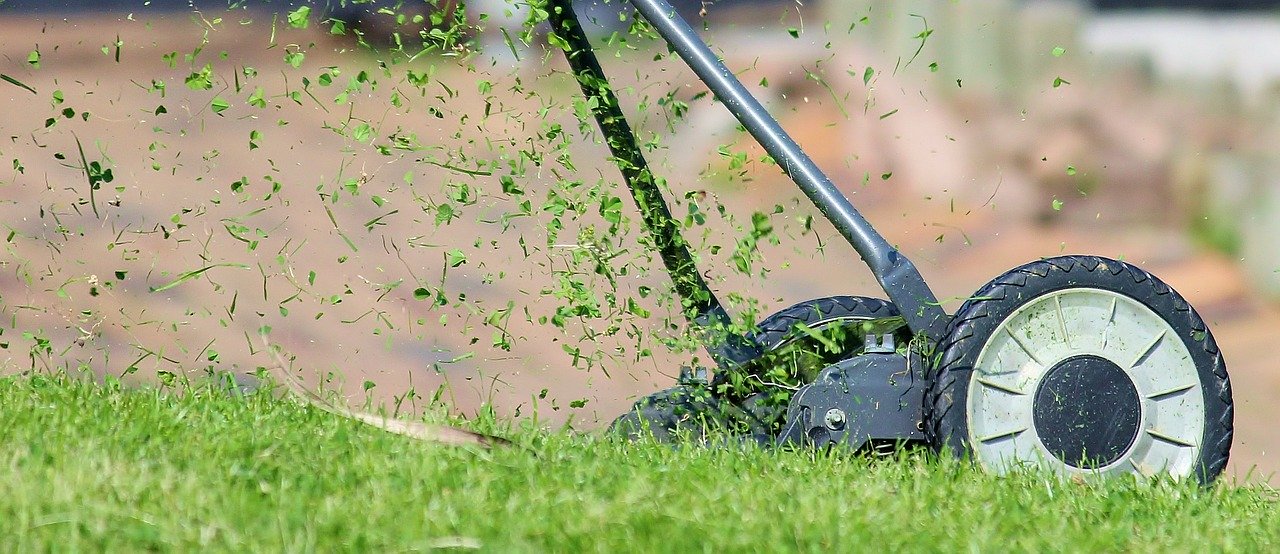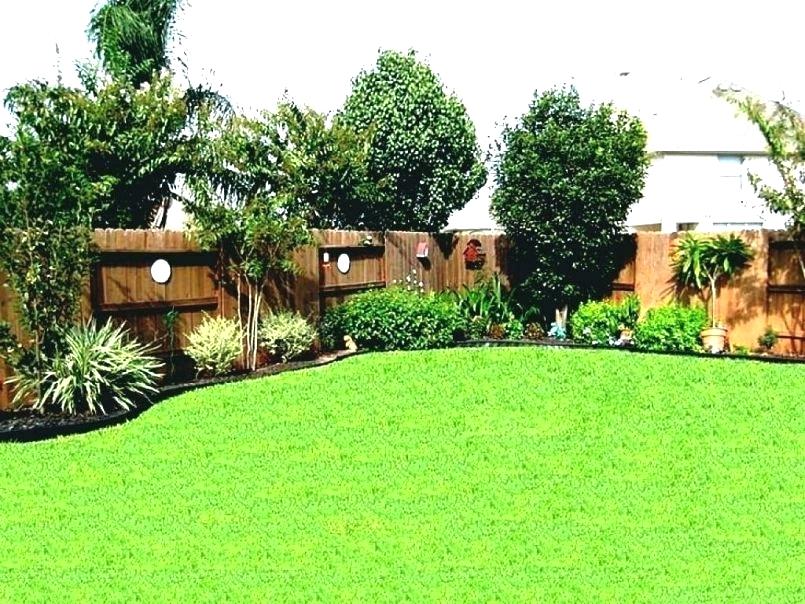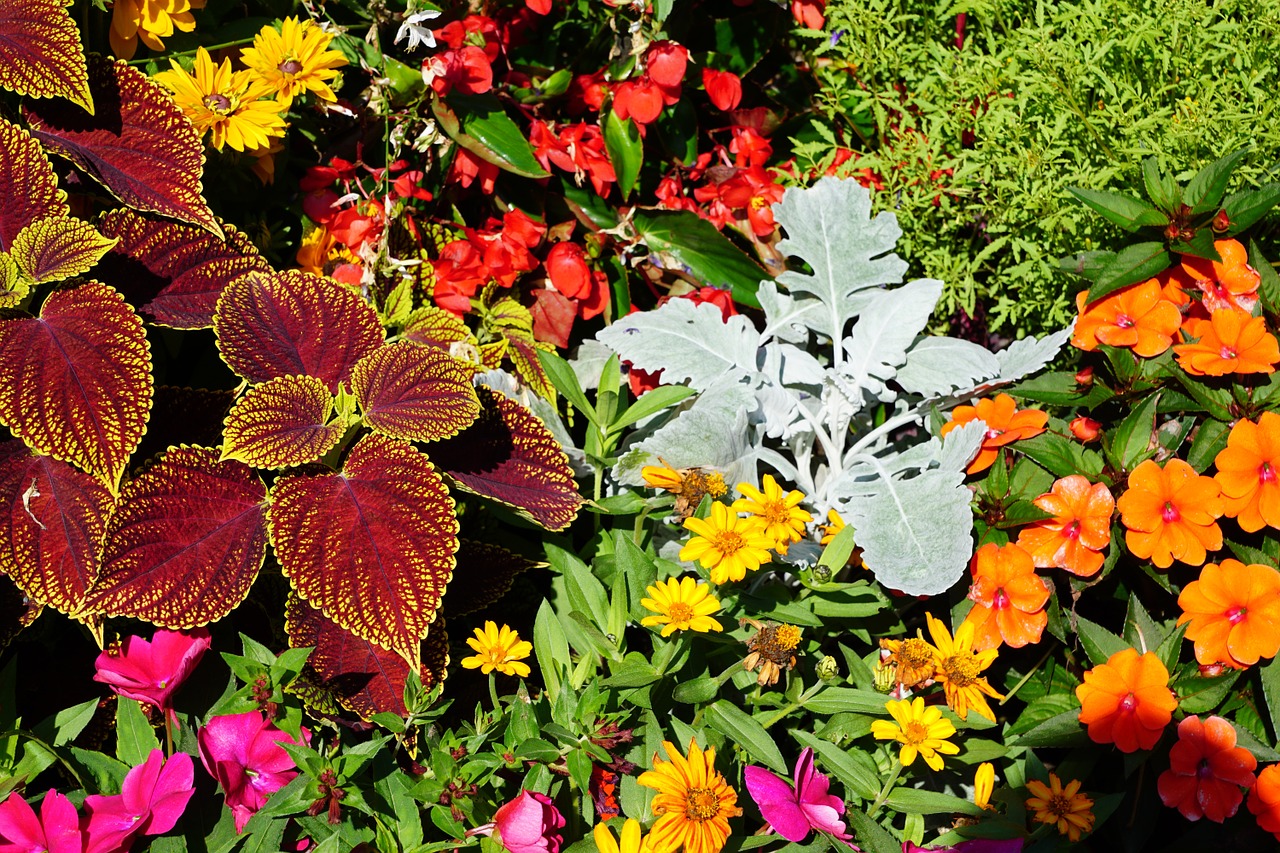Landscapes are important because they play a vital role in increasing the market value of a home and providing a health environment. Having a well-maintained landscape enhances our sense of wellbeing.
But if you suffer from allergies caused by various weed pollen or grass, you might need to consider having an allergy-free lawn. You don’t have to let a lawn or grass allergy keep you from enjoying your yard. 
You can select trees and plants which reduce your exposure to pollen and other allergens. Having an allergen-free garden does not mean to limiting the size of your lawn, but it does mean that you need to choose flowering plants carefully and consider allergy-friendly lawn alternatives. 
Here are 3 ways to create an allergen-free lawn where you and your family can enjoy without getting irritated by your allergies.
1- Trim your lawn regularly
Keeping your lawn short by regularly trimming it stops grass from maturing to flower, then creating pollen. Cutting your grass small limits your exposure to grass pollen and save you from various allergies caused by the pollen. Schedule your gardening and mowing chores for early morning or late afternoon to avoid the highest pollen count of the day.
2- Destroy weeds
Many people are allergic to the chemicals used to kill weeds. It is better to manually pull out weed instead of using harmful weed killers. Keep your allergy-free lawn fertilized, strong and healthy to stop weeds from growing. Pull weeds as soon as they appear to avoid allowing them to mature enough to produce pollen.
3- Picking the right plants
Creating a visually appealing garden includes planting flowers and plants which add texture and colors to the lawn and makes it even more inviting. Most of these flowering plants produce pollen which is a troubling sign for those who suffer from pollen allergies. Plants with colorful blooms that attract insects to carry the pollen generally do not create negative effect on allergy sufferers. In order to create an allergy-free lawn, one must avoid less-showy plants that rely on the wind to spread their pollen.
Stay tuned for more at www.SabzProperty.com










LEAVE A REPLY
Your email address will not be published. Required fields are marked *